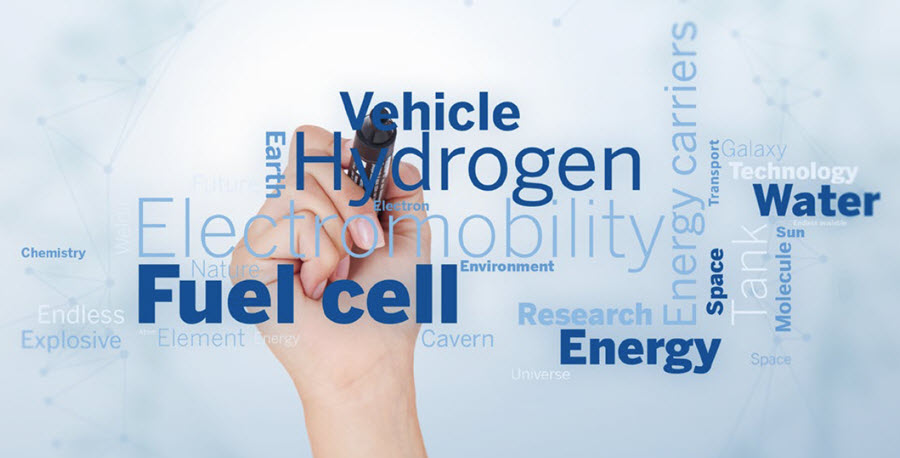
The ongoing coronavirus pandemic has presented the world with a unique set of challenges. As health organizations and governments work to address these problems, technology has become an indispensable resource. In the face of new needs and restrictions, green tech like hydrogen fuel cells has proved vital in COVID-19 response.
Hydrogen fuel cells have always held substantial potential, but haven’t seen widespread use. As the world grows desperate for solutions, though, more organizations have come to realize their value. Amid the uncertainty of the outbreak, hydrogen fuel cells are providing a reliable source of aid.
Changing Energy Needs Amid COVID-19
Hydrogen fuel cells provide a clean, reliable alternative to traditional methods of generating electricity. Before the pandemic, global energy consumption rose 2.9% in 2018, the largest increase since 2010. While electricity usage has dropped during quarantine, coronavirus still presents some unique energy needs.
Social distancing regulations have led to the largest fall in energy demands in 70 years. As a result, many energy producers, especially fossil fuels, have slowed production. At the same time, some areas, like hospitals, need more electricity than ever.
While global energy needs have fallen, some localized needs have grown, and renewables provide an answer. Hydrogen fuel cells give these areas the ability to generate clean electricity without relying on an external power company.
Powering Hospitals With Hydrogen Fuel Cells
The application of fuel cells in health care centers isn’t just theoretical. The South African Department of Science and Innovation (DSI) recently announced the deployment of seven hydrogen fuel cell units in a military hospital. This facility has been primarily focusing on COVID-19 patients, so these units are serving to fight against the disease.
In many areas, authorities have had to establish new health care centers to help test for and treat the virus. Deploying them rapidly requires a fast, scalable energy solution. Since fuel cells can work with a variety of resources, they’re ideal for this task.
Hydrogen is an abundant element, so hospitals don’t have to struggle to find resources for fuel cells. They are also easily scalable, and centers can deploy them quickly. All these advantages make them an attractive solution to pop-up hospitals and testing centers.
Fuel Cells in Post-Pandemic Recovery
The DSI stated that hydrogen fuel cells would continue to be useful after the pandemic. As nations begin the recovery process, many see it as a chance to transition to green energy. Investing in renewables through practices like carbon offsetting is already a growing trend, and the pandemic will likely push it further.
Some nations have included hydrogen power projects as part of their recovery strategy. When the pandemic subsides, electricity needs will rise quickly, so new energy projects will already be part of the plan. Hydrogen fuel cells offer the same advantages to these situations as they do to pop-up hospitals.
The chaos of the pandemic has highlighted the need for reliability in all sectors. Renewables like fuel cells are generally a more reliable source of energy many areas may turn to.
Fuel Cells Are a Way to Move Forward in the Pandemic
It’s become clear that going back to the way things were isn’t the ideal option. Instead, the coronavirus outbreak represents a chance to move forward, addressing the issues that played into the pandemic being so severe. Fuel cells and other renewables present a way to fulfill the world’s energy needs.
Hydrogen fuel cells are already at work, helping health care staff gain control over the outbreak. More governments are realizing their potential in the recovery process, too. By the end of the pandemic, the value of hydrogen fuel cells will be all but indisputable.

 Bio:
Bio:
Emily covers topics in manufacturing and environmental technology. You can follow her blog, Conservation Folks, or her Twitter to get the latest updates.
Read the most up to date Fuel Cell and Hydrogen Industry news at FuelCellsWorks




